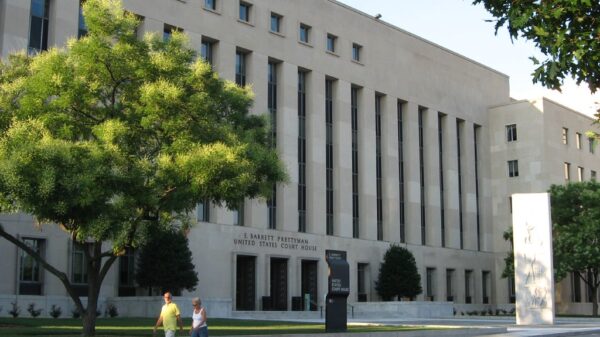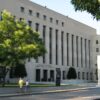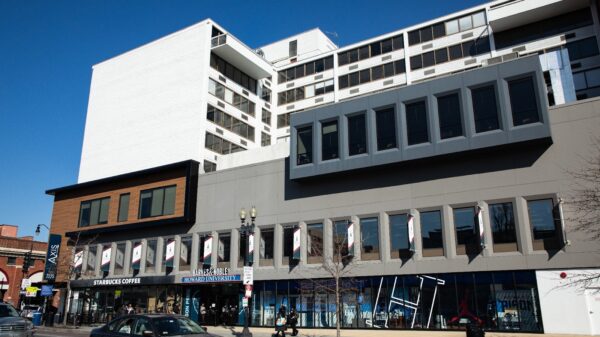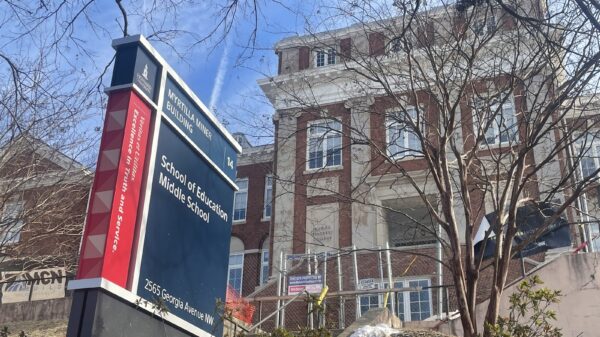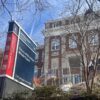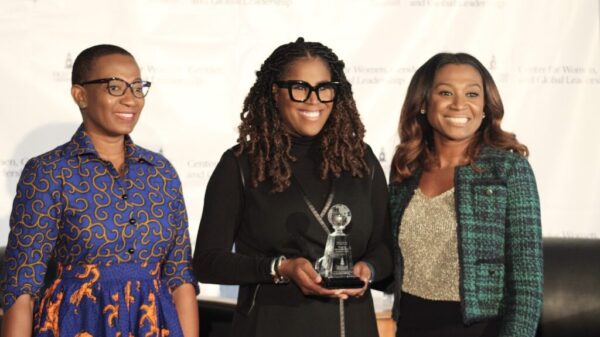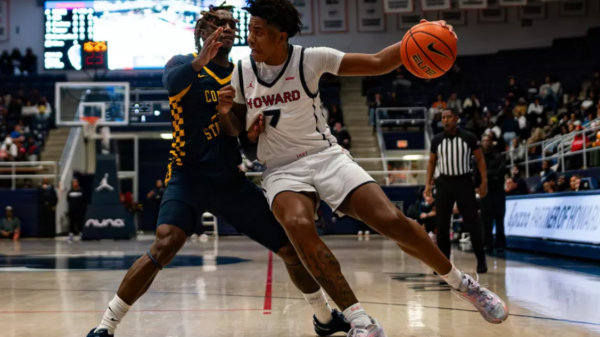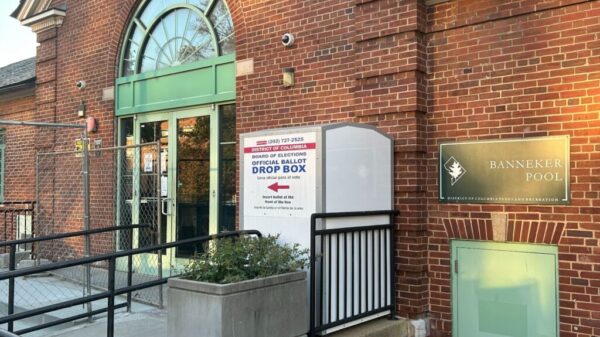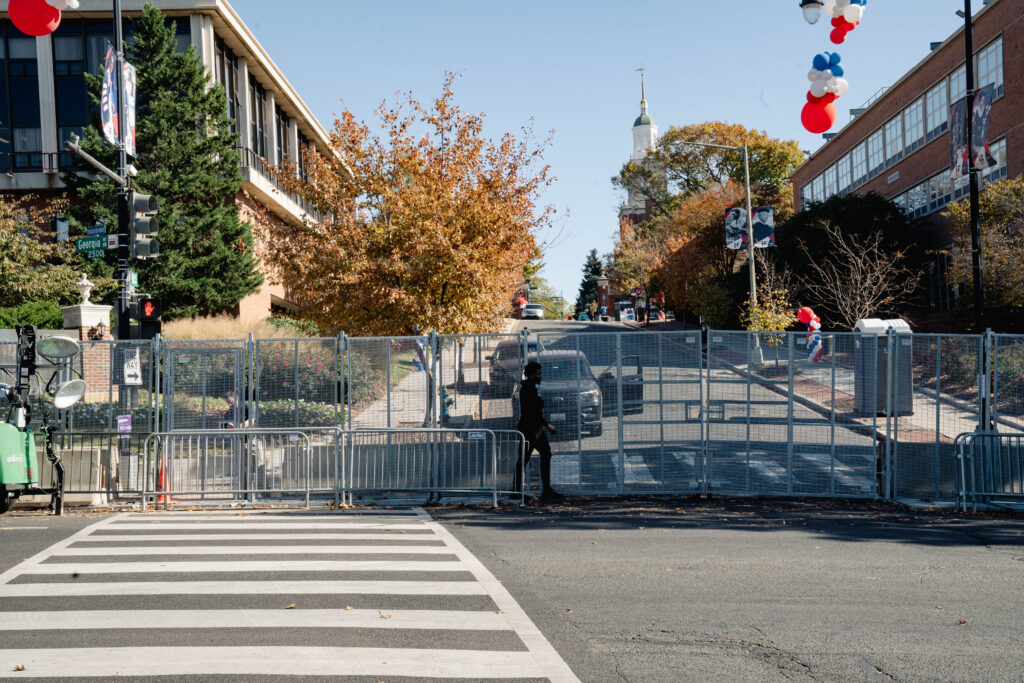
election. (Mia Butler/The Hilltop)
Election Day came and went, but not every Howard student was able to cast their vote.
In interviews with The Hilltop, six students from Georgia confirmed they did not receive their absentee ballots prompting some to register and vote in the DMV, instead of risking their votes going uncounted in the swing state. Others opted out of voting altogether.
“I submitted my application on the 30th, and it got approved,” Mia Wright, a junior psychology major from Atlanta, said. “But I kept checking my mailroom all week, and it just never showed up.”
Despite her attempts to track the ballot through Georgia’s voter portal, Wright saw no update that the ballot was coming.
“It was so frustrating, especially because it was my first time voting, and I couldn’t do it in person,” Wright said.
She later learned that Cobb County, her home jurisdiction, failed to send over 3,400 absentee ballots on time, according to AP News. Wright said this discovery was “worrying” and reflected a deeper systemic issue in the state.
A lower court judge ruled that absentee ballots in Cobb County postmarked by Election Day and received by Friday, Nov. 8 would be counted, but Cobb wasn’t the only area affected by late absentee ballots.
Kezariah Smith, a computer science major from McDonough, Georgia, applied for her absentee ballot as early as July but never received it.
“One mail-in ballot wasn’t going to stop me,” she said. Smith then went on to register to vote in Maryland, where she lives off campus.
In September, three Georgia State Election Board officials aligned with president-elect Donald Trump adopted procedural rules that granted county election boards greater authority to investigate “voting irregularities.”
According to the Georgia Election Board, election irregularities can include issues such as missing absentee ballots, delays or errors in ballot processing, discrepancies in vote counts and technical problems with voting equipment, as reported by John Oliver on Last Week Tonight.
The board said these irregularities may prompt further investigation to ensure compliance with state election laws and to maintain voter confidence in the election process.
But these changes raised concerns for students from Georgia, fearing their access to the ballot could become another example of voter suppression against marginalized communities in this country.
“It felt like every four years, there was a new way to suppress vote, especially for Black people and other marginalized groups. It felt like a game we weren’t meant to win,” Smith said.
Days before Election Day, ballot boxes in Portland, Oregon, were set on fire.
When junior psychology major Adriene Walker heard about it, she said it felt like “a direct attack on our democracy.”
John Anthony Butler, chief operating officer of the Brennan Center for Justice, a nonpartisan law and policy institute, said that cases like these make it more difficult for people to vote.
“There have been continuous efforts to make it hard for some people in certain places to freely and easily vote,” he said. “Difficult-to-fulfill voter ID laws, voter roll purges [when officials update the list of registered voters by removing people], dropbox limitations and more have made voting more difficult for some citizens.”
Butler believes legislation like the John Lewis Voting Rights Advancement Act and the Freedom to Vote Act could “tackle” voter suppression and move the country towards more safe and secure elections.
Copy edited by Camiryn Stepteau






